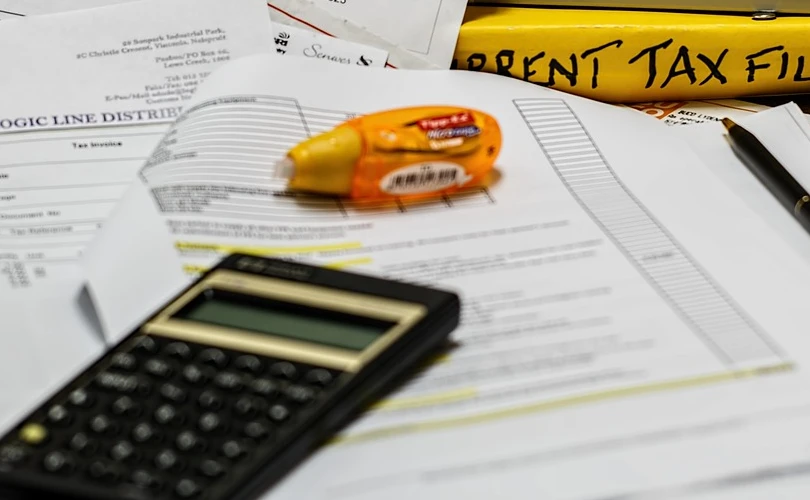The Child and Dependent Care Credit in the US does allow you to write off child care costs on your taxes. You can subtract some of your childcare costs from your taxed income with this credit.
If you want to get the Child and Dependent Care Credit, you need to meet these conditions:
You must have paid for child care so that you can work or look for work.
You had to pay for child care for a qualified child younger than 13 or a disabled relative of any age.
You have to have made money this year.
How much of the Child and Dependent Care Credit you can get is based on your income and the number of children or children who depend on you who qualify. You can get a refund of up to $6,000 if you have two or more children or dependents in 2023, but at most, it will be $9,000. Depending on how much money you make, you can claim anywhere from 20% to 35% of the cost of child care.
You must include Form 2441 with your tax return to get the Child and Dependent Care Credit. You will have to give details about the child care costs you paid for, like the name and address of the care provider, the amount you paid, and the times you paid.
Here are some more things to remember about the Child and Dependent Care Credit:
You can only get a tax credit for childcare costs that you paid for. You can not get credit for expenses paid for by someone else.
If you get dependent care benefits from your job to pay for child care, you can only get a tax return for the amount of your child care costs that are more than your dependent care benefits.
Get the Child and Dependent Care Credit even if you do not owe any tax money.
Depending on where the aid comes from, it may or may not be taxed income.
Childcare Subsidies
Childcare subsidies given by employers: Most of the time, employees do not have to pay taxes on childcare subsidies provided by their employers. In this case, the worker does not need to pay taxes on the aid amount.
Childcare benefits from the government: People who receive childcare handouts may or may not have to pay taxes. The taxability of government-funded childcare funding depends on the program and the person who receives it.
As an example: The Child Care and Development Fund (CCDF) scheme in the US helps low-income families pay for child care. People who get CCDF benefits do not have to pay taxes on them.
Also, in the US, the Dependent Care Assistance Program (DCAP) lets companies help their workers pay for child care without paying taxes. The employee does not have to pay taxes on DCAP payments.
The Dependent Care Credit, on the other hand, is a tax credit that people who pay for child care can get. The person who receives the Dependent Care Credit must pay taxes.
Someone who knows about taxes should help you figure out if your childcare aid is taxable income.
Childcare Benefits
Here are some more tips on how to report childcare benefits on your taxes:
If your company gave you money to help pay for child care, they will report that amount to the IRS on your W-2 form.
If the government gave you money to help pay for child care, you might need to include that amount on your tax return. Talking to a tax professional is essential because the exact steps for reporting government-funded childcare benefits can change.
You will need to list the cost of child care on your tax return if you want to claim the Dependent Care Credit. You can also get the Dependent Care Credit, even if the government helped pay for your child’s daycare.
You can ensure you report your childcare aid correctly on your taxes if you follow these tips.

